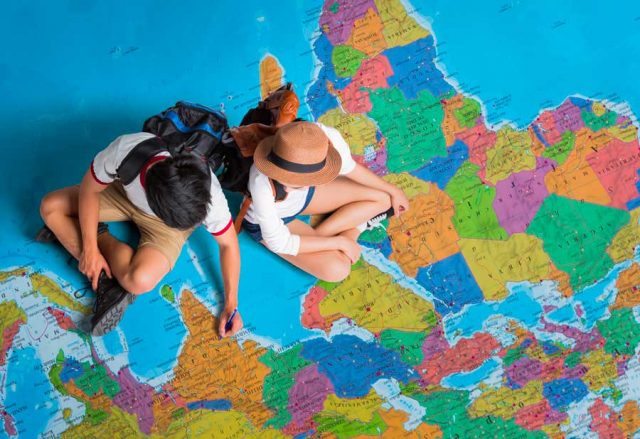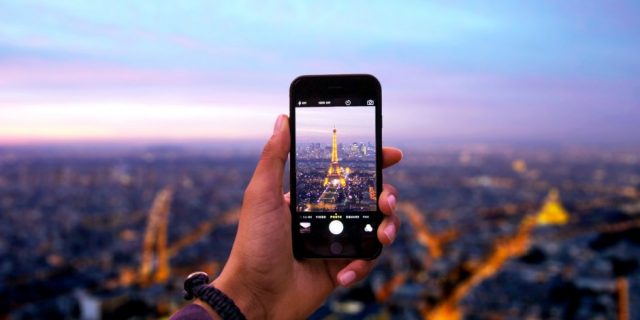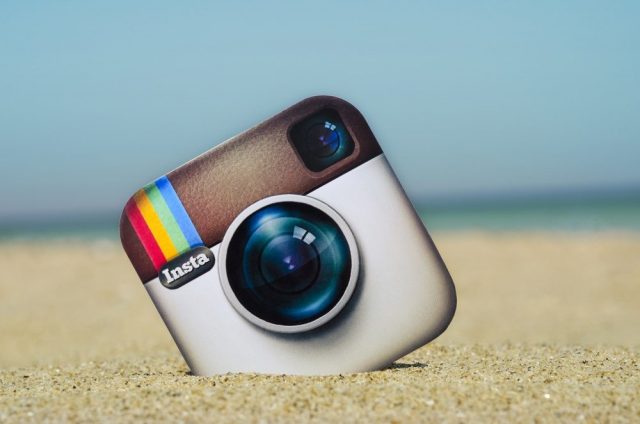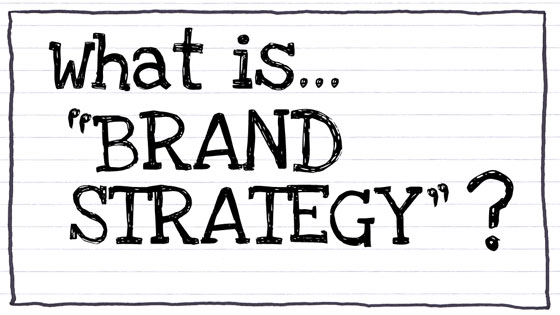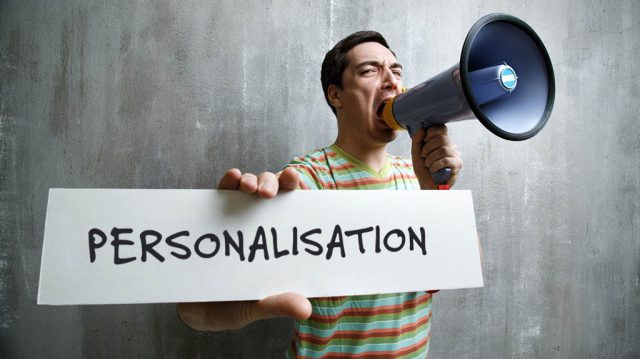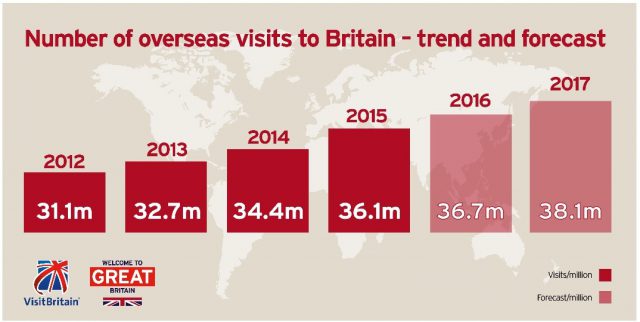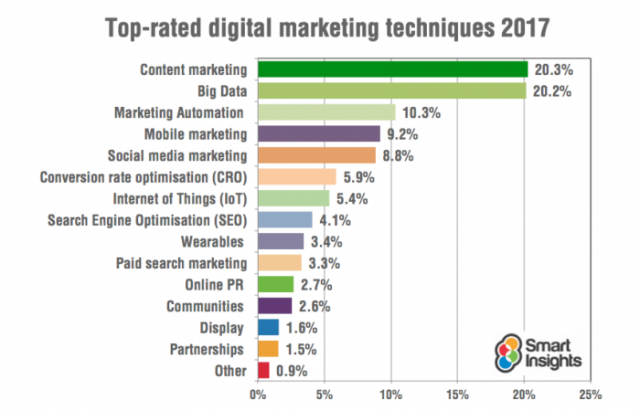Visit England commissioned research to identify the relevant consumer trends that will affect the development of tourism products in the next 5-10 years.
These findings will help support the delivery of world-class tourism products to help grow international travel to England in an ever changing traveller landscape.
Here is a summary explanation of the specific touch points relating to these trends and its impact on the existing and evolving travel journey in the future.

travel and tourism trends
Top future travel and tourism trends for England
The trends affecting consumer behaviour follow a travel journey relating to four broad areas – Inspiration & Pre-planning; the Booking Process. Connected Travel and Evolving Travel Needs.
Inspiration & Pre-planning
The inspiration to travel is influenced by a huge range of online sources and voices. Once the decision has been made to travel to a specific destination the pre-planning will be a more complex, longer journey than in the past.
1. Filter Bubble – future travellers will live in a filter bubble where they personalise online searches and trust their friends and social influencers to suggest activities. Content needs to be more visible in the digital landscape and be something travellers would want to share via word of mouth and online.
2. Maximising Behaviour – future travellers have a maximising mindset and seek value at every opportunity, they are not concerned just about price (that’s the starting point), they want to combine as many cost-effective unique experiences on their journeys, so these experiences can be tailored to their own personal preferences.
3. The Death of Risk – future travellers want to find out as much as possible about their destination before getting there, they’re keen to access upfront information. They’ll conduct thorough research to minimise the risk of worrying about what might happen on the journey and balance this with the need to avoid ‘the fear of missing out’.
Booking Process
The booking process is now more instant and easier than ever before; from booking flights and accommodation to specific tourist attractions or restaurants directly from a range of interfaces (e.g. Smart TVs) – innovative touchpoints for making purchases.
4. Wishlisting – younger consumers around the world are very responsive to the idea of collecting wishlists and expect to purchase directly from them. Alternative booking channels such as Instagram are emerging, for example if there’s an ad in a post created by an influencer they expect to click and book instantly.
5. Conversational Commerce – future travellers will find it easier to make enquiries about or booking products via their own conversational messaging apps, tis will save time not having to pick up the phone or log on to a website. It makes service more compatible for the consumer, available 24/7 and flexible enough to use throughout the travel journey.
6. Impulsive Existence – there’s a desire to travel like a local and book products on the spot when at a destination, be spontaneous and access local information so they don’t miss out, this can be scuppered by the risk of struggling to find local info due to the language barrier for example.
Connected Travel
This encompasses not only how the traveller plans and books but thow they interact with the destination once they are there. Travellers are on-the-go and pushing out the latest news and images on the flip side some travellers want to completely switch off from digital distractions.
7. Locational Living – location-based technology will help raise awareness of and increase engagement with tourism products so travellers can interact more closely with their location; from offering discount vouchers to free audio guided tours to an attraction.
8. Performative Perfection – future travellers will have a strong preference for tourism products that have a strong social media connection, what’s easily shareable and the most envy-inducing? From checking in at an airport or landmark to accessing geofilters to create digital postcards to be shared on Snapchat.
9. Mastering the Mind – relaxation will be a key factor to considered by future travellers, they’re aware of the pressures of modern life and the harmful impact this has on their mental wellbeing; however not all are prepared to give up their smartphone or laptop, only a minority of 20% consider digital detoxing a motivation to go on holiday.
Evolving Travel Needs
Today’s travellers don’t see themselves as tourists and are increasingly moving away from visiting the obvious sight-seeing hotspots, alternatively they want to go where the locals go. They want to seek out an immersive experience and take part in activities that are fun but also have a sense of self-improvement.
10. Pursuit of Real – genuine, authentic tourism products are preferred by future travellers as they want to go off the beaten track and experience their chosen destination like a local. For example food is a big part of experiencing authenticity and a large number of consumers want to eat authentically when they are in a different country.
11. The Leisure Upgrade – skill-seeking future travellers will be more demanding and sophisticated and want to pursue fun and an opportunity for learning new skills or embarking on self-improving and taking part in thematic activities.
12. Customised Reality – new technologies (e.g. Augmented Reality, Virtual Reality, and hearables) will bring more attractions to life make it more compelling and be used to bring to life and personalise experiences for travellers that wants to unlock more engaging stories and be more immersive.
These travel and tourism trends are considered already relevant today and are said to have a significant impact on how consumers will approach the travel journey in the next 5-10 years.
Visit England also have a produced a presentation toolkit, which can be downloaded from their website.
alexandrapatrick provides original, cost-effective strategic marketing services in Kent, UK. alexandrapatrick has particular experience and expertise in digital marketing, copywriting, marketing consultancy and location/destination marketing.
If you’d like to find out more about how we could support your destination marketing needs, email info@alexandrapatrick.co.uk or contact via Twitter.

